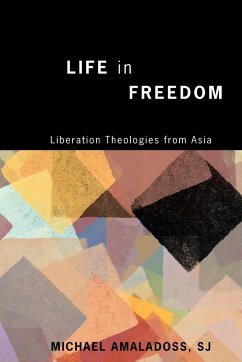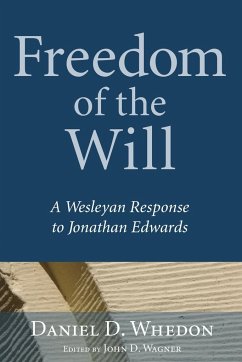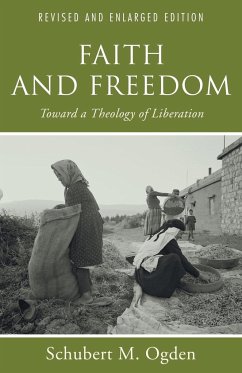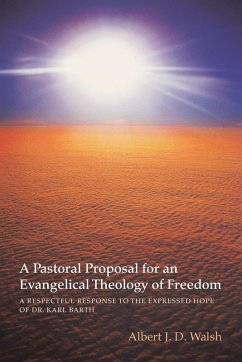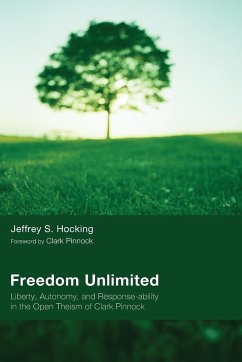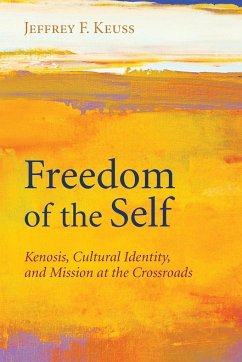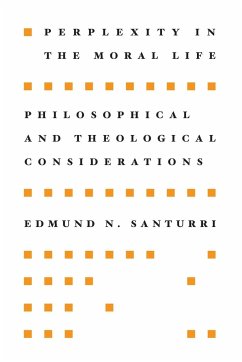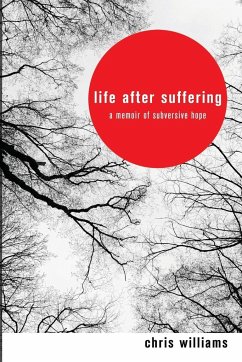In Life in Freedom Michael Amaladoss analyzes the many rich and complex strands of Asian religious thought on the notion and nature of the path toward liberation. As he shows, Asian ""liberation theology"" departs significantly from the Latin American model, with which it is commonly compared. Rather than put primary emphasis on economic issues, Asian cultures give much greater priority to the role of religion in the composition of a healthy society. In Part One Amaladoss discusses current liberation movements and thought in Korea, the Philippines, and India. In two other chapters, he shows also that the awakening of women is integral to the search for human freedom and development and the growing importance sound ecological policies in any valid approach to liberation in Asia. In Part Two Amaladoss discusses non-Christian approaches to human liberation and freedom, showing how the lives and thought of influential figures of other faiths have given distinctive shape to Asian approaches to liberation. Buddhists such as Thich Nhat Hanh and Hindus such as Mahatma Gandhi and E.V. Ramaswamy show that hostility to religion is remote from the most characteristic Asian liberation movements. Gandhi's entire politics was rooted in the notion that ""to attain Truth or to realize God is the goal of human life."" But God [for Gandhi] is realized concretely in the world and particularly in other people. Service to others then becomes a way to God and ultimately to human liberation. Similarly, Confucian traditions embody a deeply indigenous, Asian way of constructing reality as a sacred whole. In that construct, liberation and freedom take on meanings and dimensions functionally religious in the way they anchor individuals and the community to the cosmic whole. In Part Three, Amaladoss gives his own analysis and prophetic overview on how the plurality of images of liberation enriches the possibility for interreligious cooperation in overcoming the forces of oppression in Asia.
Hinweis: Dieser Artikel kann nur an eine deutsche Lieferadresse ausgeliefert werden.
Hinweis: Dieser Artikel kann nur an eine deutsche Lieferadresse ausgeliefert werden.

